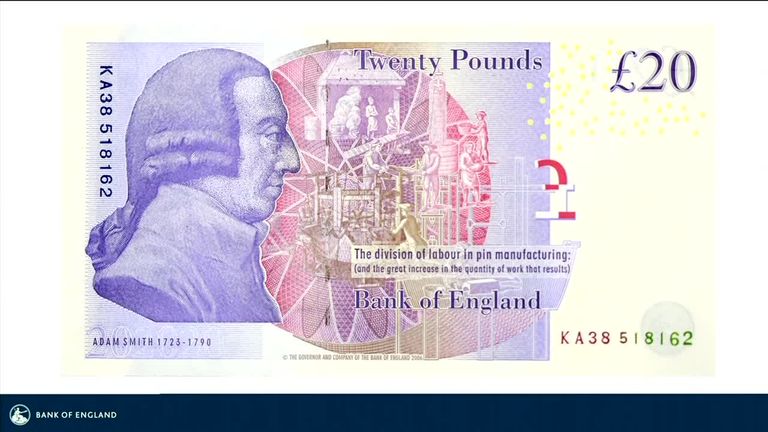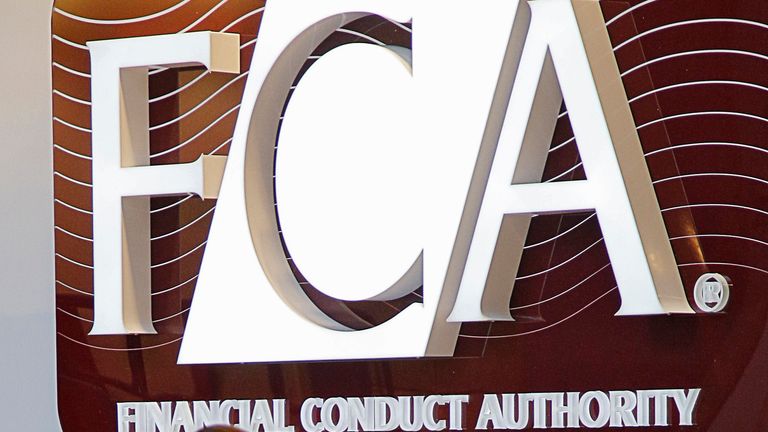Financial products based on the price of Bitcoin and other cryptocurrencies are to be banned from sale to retail consumers by the City watchdog.
The Financial Conduct Authority (FCA) said consumers were at risk of “sudden and unexpected losses” from the investments and that the ban would save them about £53m a year.
It said the cryptoderivative products, popular with male investors aged 20 to 44, were “primarily used for speculative purposes akin to gambling”.
The ban will apply from 6 January and applies to trading in derivatives – effectively bets on cryptocurrency prices – rather than the assets themselves.
It could lead to about £75m in fees and charges being lost to UK firms, the FCA said.
Shares in trading platforms Plus 500, CMC and IG fell by between 2% and 3% on the announcement.
The FCA said the products were “ill-suited to retail consumers due to the harm they pose”.
It pointed to a prevalence of market abuse and financial crime as well as “extreme volatility” in the cryptoasset prices on which the derivatives are based.
Sheldon Mills, interim executive director of strategy and competition at the FCA, said: “Significant price volatility, combined with the inherent difficulties of valuing cryptoassets reliably, places retail consumers at a high risk of suffering losses from trading crypto-derivatives.
“We have evidence of this happening on a significant scale.”
The FCA had set out initial plans for a ban in a consultation launched last year.
Opponents argued against the watchdog’s claim that the cryptocurrencies on which the derivatives are based have no intrinsic value.
They pointed out that Bitcoin was accepted by companies including Starbucks and Microsoft as a form of payment.
But the FCA said evidence showed cryptocurrency prices were driven by speculation.
Derivatives linked to commodities, currencies and other assets are commonly traded on financial markets, often as useful tools for businesses to hedge their bets against big price movements
But the FCA argued that cryptoderivatives did not serve a legitimate investment need.
It said that while some consumers could use them to hedge their exposure to the cryptoasset market, this was not common.
“Feedback from retail investors suggest that crypto-derivatives are primarily used for speculative purposes akin to gambling,” the watchdog said.
Laith Khalaf, financial analyst at investment platform AJ Bell, said the watchdog had “delivered a blow to the crypto world”.
He added: “On balance, given how new these markets are, how instinctively appealing they can be to the younger generation and the potential for fraudsters and cowboys to muscle in on the act, it’s understandable the FCA wants to play it cautiously.”



